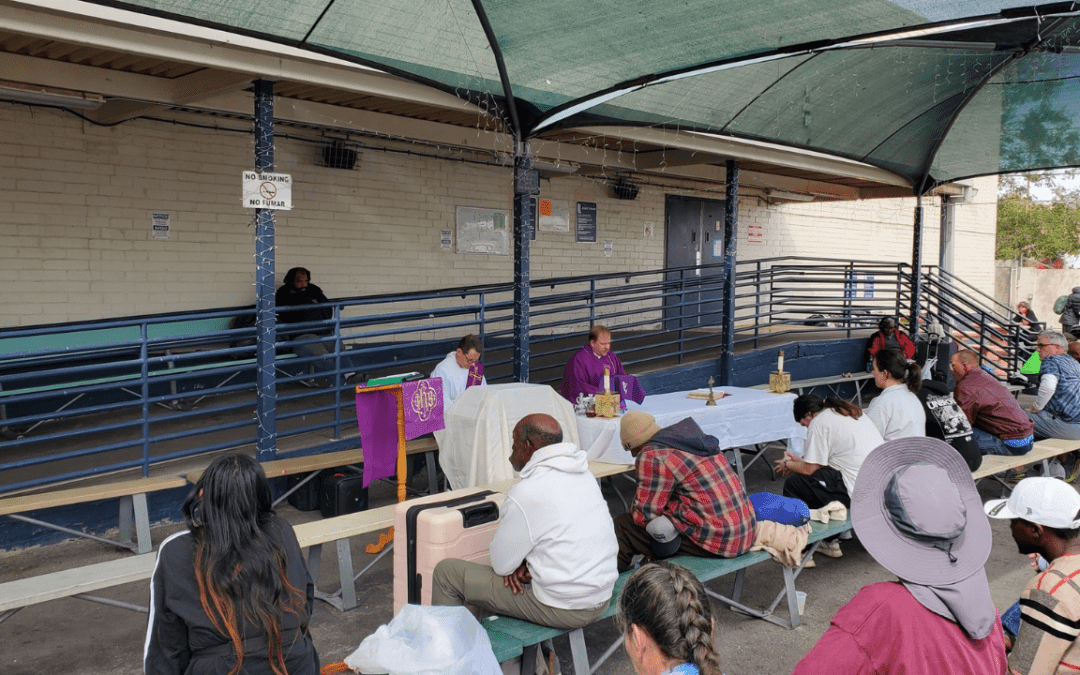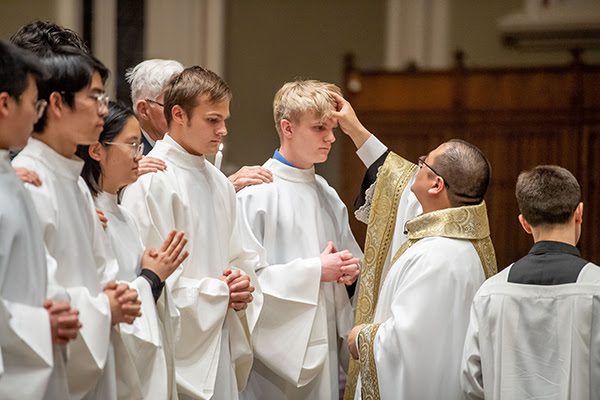During my first three years at the University of Portland, I have appreciated it as a tremendous center of human talent, creativity and excellence. Among my academic colleagues are master teachers, recognized researchers, even entrepreneurs. Our administrative teams include many sharp, hard-working professionals. Bon Appétit, our food service, employs a number of brilliant chefs.
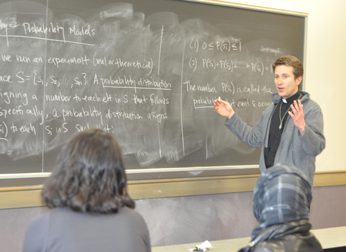
And, of course, the quality of our institution attracts many high caliber students to UP: our student leaders especially exhibit many of the same gifts embodied by their mentors. I imagine that I must encounter as many talented people on a daily basis as I would if I were a lawyer in a top firm or a trader on Wall Street.
Now if I were only a professional, these realities would simply make me proud and grateful, and certainly I am both of these things. But, as a priest, these great blessings also embody a kind of temptation to neglect a major part of my vocation. For when describing how a good shepherd should behave, Jesus asks, “If a man owns a hundred sheep, and one of them wanders away, will he not leave the ninety-nine on the hills and go to look for the one that wandered off?“
It’s easy to imagine Christ’s words simply in terms of sin and forgiveness, or in terms of broader societal issues regarding justice for the poor and oppressed. But as a priest at UP, I hear Jesus’ words as a simpler, more down-to-earth challenge. I recognize the “lost sheep” among those on this campus who are a bit less talented or a bit more socially awkward. Yet at a place that is home to so many talented and socially adept people, it’s frankly sometimes more fun and interesting to spend time with the ninety-nine than to leave all of them in search of the one that wandered off. Moreover, I can easily justify my choice to stay with the ninety-nine as part of my professional responsibilities: I am a university professor, and universities are supposed to foster excellence among as many students as possible. Finally, in the laid back, tolerant culture of Portland, the “lost sheep” often seem happy just to be left alone.
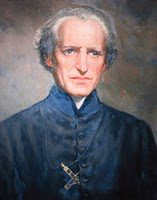
The holy founder of our congregation, Fr. Basil Moreau, must have recognized all of these temptations among the brothers and priests who teach in the name of Jesus Christ and in the name of Holy Cross. And so, in his work Christian Education, he challenges us, “If at times you show preference to any young person, it should be the poor, those who have no one else to show them preference, those who have the least knowledge, those who lack skills and talent, and those who are not Catholic or Christian. If you show them greater care and concern, it must be because their needs are greater and because it is only just to give more to those who have received less.” These words make so much sense, but I don’t always find them easy to live.
I pray to Blessed Basil Moreau, that he might pray for me and for the rest of us who teach at the institutions that follow his tradition. May Christ conform us more to Himself, Christ the Good Shepherd, Christ the Teacher.
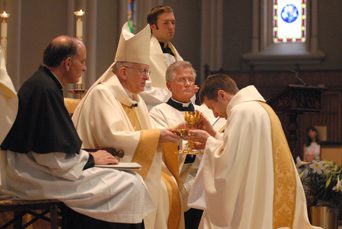
Fr. Charlie McCoy, C.S.C., is an Assistant Professor of Mathematics at the University of Portland. He is a monthly contributor to theSpes Unica blog, reflecting primarily on the work of Holy Cross in education. Learn more about the work of Holy Cross priests and brothers in the field of education to bring hope to the Church and world.

